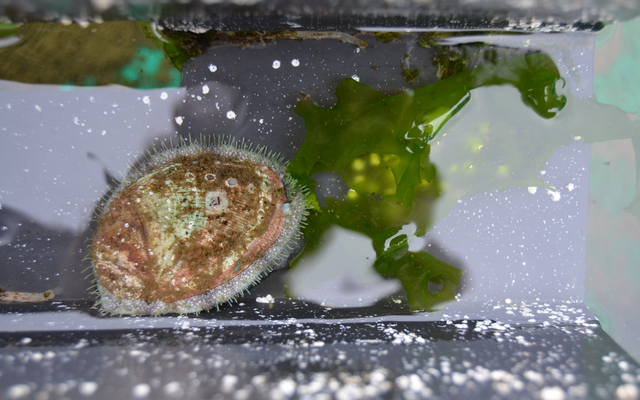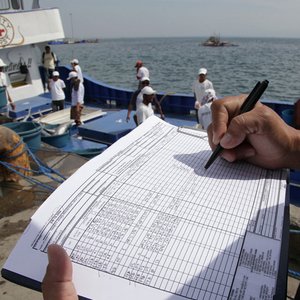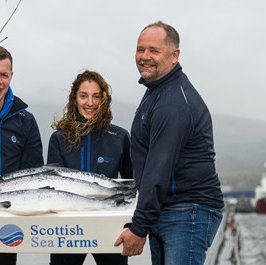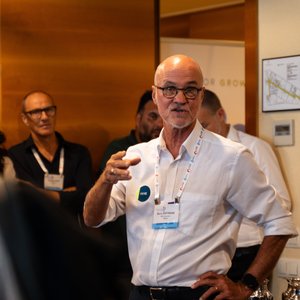Spanish researchers from the Technology Center of the Aquaculture Cluster (CETGA) completed the project Study and industrial development of fish-macroalgae-macroherbivore polyculture systems that allow the use of effluents from aquaculture facilities (POLIAQUA). The project aimed to take advantage of effluents from turbot farming to raise macroalgae, which, in turn, were used to feed abalone (Haliotis tuberculate).
“During the project, useful information was obtained for the implementation, at an industrial level, of technology that seeks to achieve better use of resources, which has a positive effect on the environment and also on the aquaculture industry, since an increase in efficiency, implies an improvement in competitiveness,” researchers said.
Results showed that green algae Ulva rigida is one of the best options to establish a biofilter since it is a ubiquitous alga on the Spanish coasts – therefore, it is included in the local flora around almost any fish farm. This species is also easy to cultivate, exhibits good growth rates and biofiltration, can be cultivated throughout the year continuously, competes well with other species of algae that could enter the system and is resistant to herbivores.
Abalone reared in tanks in which Ulva rigida was raised with effluents from turbot farming showed higher growth than those reared with filtered water and fed with U. rigida or with a commercial feed specifically formulated for abalone. More studies are needed to advance in the knowledge of the cultivation of this species and the utilization of effluents from aquaculture farms.
This project was funded by Biodiversity Foundation and the Ministry for the Ecological Transition and the Demographic Challenge through the Pleamar program, co-financed by the FEMP.













